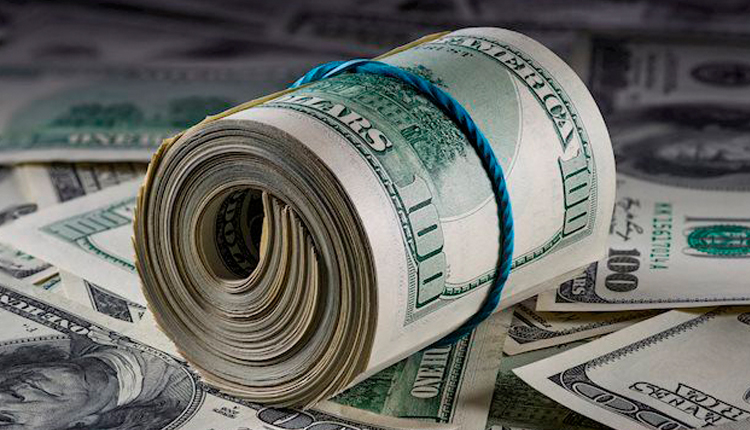Dollar prices rose on Wednesday and antipodean currencies beat a hasty retreat after the Reserve Bank of New Zealand surprised the markets by opening the door to future monetary policy easing.
The dollar index versus a basket of six major currencies was up 0.2 percent at 96.912, adding to modest gains made overnight.
The New Zealand dollar tumbled after the central bank kept interest rates at a record low of 1.75 percent and said increased downside risks to its outlook meant the next move in rates was now more likely to be a cut.
The kiwi was last down 1.5 percent at $0.6803 after hitting a 2-1/2-week trough of $0.6797.
The Australian dollar retreated in sympathy with its New Zealand peer, shedding 0.4 percent to $0.7106.
“Industrialised nations are seemingly in a rush to adopt a dovish policy stance and New Zealand’s central bank has just joined them. In addition to the kiwi’s fall, the drop by the Aussie is also eye-catching,” said Ayako Sera, senior market economist at Sumitomo Mitsui Trust.
The U.S. Federal Reserve last week brought its three-year drive to tighten monetary policy to an abrupt end, abandoning projections for any interest rate hikes this year amid signs of an economic slowdown.
The European Central Bank, Reserve Bank of Australia and the Bank of Japan have also taken a dovish tilt this year, while China’s central bank began loosening policy in 2018.
The greenback was already on a firm footing after advancing on Tuesday, when 10-year Treasury debt yields rebounded due to stock gains on Wall Street.
“Bids for the dollar are returning with Treasury yields off their lows, and also because negative views towards the European economy have done no favours for their currency,” said Shin Kadota, senior strategist at Barclays in Tokyo.
An inversion of the U.S. yield curve, which has preceded every U.S. recession over the past 50 years, chilled risk sentiment and triggered a sharp stock selloff last week.
Yields for safe-haven bonds also declined, pressuring the dollar.
The euro lost 0.1 percent to $1.1255, extending overnight losses. The currency has been on shaky ground after Friday’s weaker-than-expected German manufacturing survey raised concerns about Europe’s largest economy.
The pound edged down 0.15 percent to $1.3185, retracing its earlier gains in the face of the broadly stronger dollar.
Sterling had drawn mild support after two eurosceptic British lawmakers indicated on Tuesday that they might agree to support Prime Minister Theresa May’s EU withdrawal deal rather than risk parliament cancelling Brexit.
The dollar dipped 0.05 percent to 110.565 yen, losing some steam after surging 0.6 percent against its Japanese peer on Tuesday.
The 10-year U.S. Treasury note yield was a touch higher at 2.417 percent. The yield had fallen on Monday to 2.377 percent, its lowest since December 2017.
Source: Reuters


